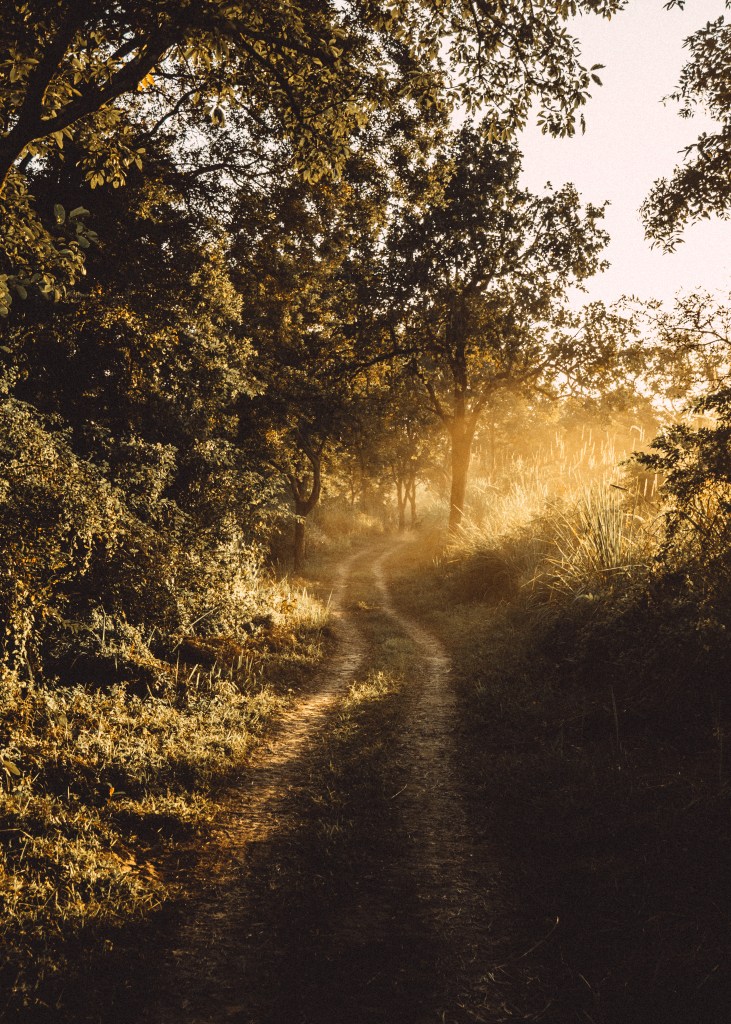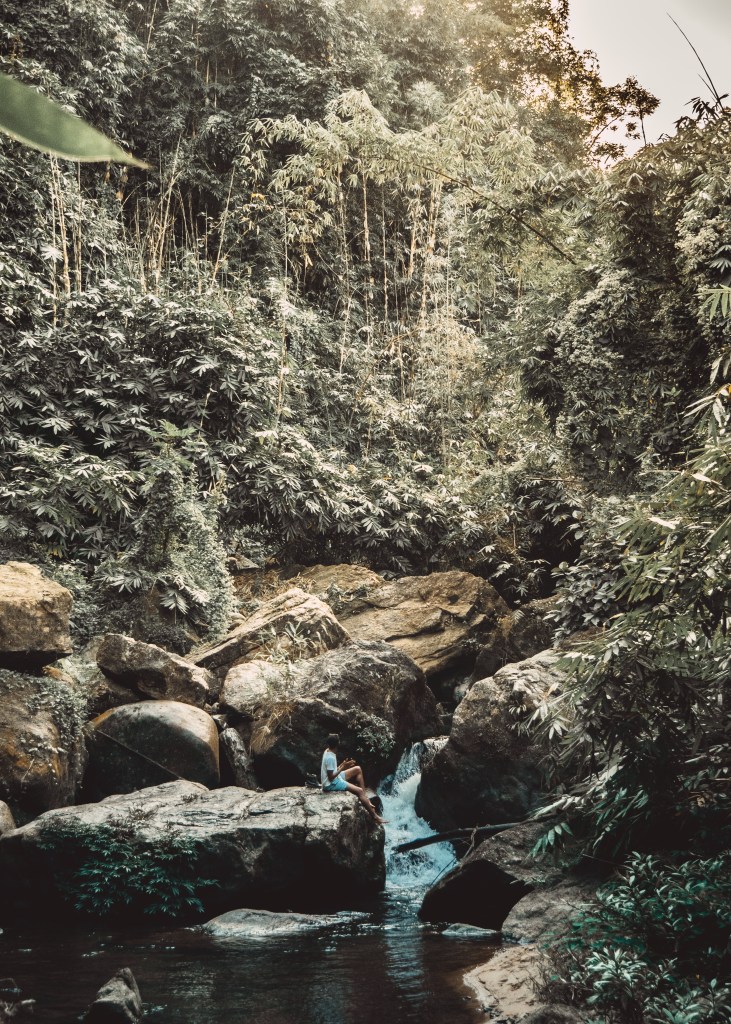Karbi Anglong, or the land of the Karbis as it is more affectionately known, may be the beating heart of Assam, yet it remains one of the barely explored treasures of a region better known for its manicured tea plantations. In fact, the region is a destination so far-flung that only intrepid wanderers need apply. Even the government website describes its potential for tourism as “sadly untapped”.


Yet this remoteness is probably a blessing given that the region is home to the largest number of wild Asian elephants in the world. The very existence of these largely tuskless creatures with proportionally smaller ears than their African cousins, is now under serious threat due to the impact of urbanisation. In the past 100 years, the Asian elephant population has declined by a staggering 90%, and data predicts they could be lost to the world completely within 25 years.


Human developments have encroached upon elephant habitat to such an extent that these vast creatures are sadly losing their lives because of roads, railway lines and electricity pylons. On average, one person dies every day, and two elephants die every week due to human-elephant conflict (HEC): the villages, tea plantations and the elephant habitat corridors have begun to overlap, causing daily confrontation. Human-elephant conflict is an ever-increasing issue that has developed over time as elephants and humans continually compete for land and space in the fragile Indian landscape. Elephants are losing their natural habitat at such an alarming rate that they are forced to migrate onto land farmed by local communities. This naturally causes conflict as the farmers fiercely defend their crops, which are their livelihood, from elephants in desperate search of nourishment.


British resortwear label Love Brand & Co, owned by Oliver Tomlin, together with its partner charity Elephant Family, have joined forces to help stem the conflict and harmonise human-elephant coexistence in Assam. ‘It was first brought to my attention when we started the company in 2011,’ says Tomlin. ‘I discovered this amazing, very small project in the Kharbi foothills in Assam centred around this chap called Binod “Dulu” Bora, a qualified conservationist, with lots of degrees in the field. I was absolutely drawn into this idea of one man, one mission, actually doing really good things. He’s got the most amazing stories to tell. When he was a young boy, he had this vivid dream that he was drowning in a well, and was calling for people to help him, but no one came. Then he woke up and went to the well in his garden and, incredibly, there was an elephant in there which had fallen down the hole. He woke up all his family and they managed to save it that night. From that moment onwards, for the rest of his life, he was very connected to their existence.’


Bora realised he had to make a conscious choice. Do we as human beings live with elephants or are we going to persecute them out of existence, for the sake of urban development and for agriculture? ‘His mission is to end the conflict so they can co-exist,’ continues Tomlin. ‘They have a herd of wild elephants and he’s looking after his patch. So there’s the tea farmers, the village, the jungle and elephants – how can that all work together?’


It’s a problem that has been exacerbated over time by degradation of the forest habitat and local people’s general lack of awareness of wildlife and conservation issues. Dulu leads various educational sessions, touring local schools and engaging with the children by way of photography exhibitions, quizzes and talks. The importance of educating and raising awareness among the younger generations is a crucial cog in the machine if future generations are to build on Dulu’s great legacy. Dulu has developed a reputation for being a bit of a rock star in these parts, not least because of his appearance in Sir David Attenborough’s The Year Earth Changed, a BBC documentary focused on encouraging humanity to live alongside wildlife and showcasing the impact the pandemic has had on the natural world.


Dulu has introduced gentle mitigation techniques such as clapping and shouting, which can be used to softly deter the elephants from descending upon villages. Other practical projects include establishing “salt licks”, places where animals can go to lick essential nutrients from a deposit of salts and other minerals, while the elephants’ preferred fodder has been laid on to persuade the creatures to eat something other than the precious crops which prosper in the foothills. Sowing grass and the planting of banana trees in areas away from the tea plantations and villages has also proven to be beneficial. There have also been increased attempts to rebuild new habitable spaces for the elephants to raise their young and thrive in. ‘Part of the problem in Karbi is that they are cutting down the elephants’ habitat and food to use as firewood. What our charity is doing brilliantly’, says Tomlin, whose sheer pride in the project is evidenced with every sentence uttered, ‘is providing eco-friendly cookers to stop locals cutting down trees, particularly the type of tree which contains all the nutrients in the bark. The elephants strip the bark from the trees to seek out the moisture. A big project is underway, marking out clearly which ones are the elephants’ favourite trees. Each Love Brand purchase made by our loyal customers directly contributes to this great cause. Together, we are confident we can make a change and protect these beautiful creatures for many years to come.


‘They’ve done all kinds of amazing things to stop the elephants from being seen as a pest and to create this peaceful coexistence. And that’s the reason why David Attenborough used Dulu in The Year Earth Changed. It’s all been very humbling. We as a little company and the Elephant Family were one of the first to highlight the plight of the elephants, then suddenly it’s used as a great example by Attenborough,’ says Tomlin, who jokingly waves away any suggestion he has a direct line to the great man.


Love Brand & Co sent a special contingent of content creators who trekked deep into the rural seclusion of the jungles of Assam in order to meet Dulu and document his extraordinary work. The journey involved several flights and taxis before an extensive trek on foot to reach Samaguri in Nagaon. ‘We had all of the wonderful school children come to welcome us,’ says Tomlin, ‘while the women of the village marked our arrival with a local dance. The celebration of our visit was incredibly heart-warming, showing off their traditions and customs as a community. They saw it as a real honour for them that the Love Brand team paid their tiny community a visit. We were so fortunate to be involved in a traditional ritual prayer, basically an “offering to the elephants”, which only happens twice a year. Dulu took us to see the planting of banana trees, the stunning East Karbi Anglong waterfall in Silonijan and to Dhing, where we watched as the setting sun cast a golden haze over the Brahmaputra, its waves of light rippling harmoniously across the shoreline. The things that Dulu has put into practice have actually begun to stem the tide. It’s a lovely example to apply to other endangered species in other areas where the communities are fighting conflict with wildlife.’


Tomlin is keen to point out that for him it’s very much an ongoing project: ‘We want to continue funding this incredible story, we don’t just want it to stop here. Part of the brilliance of it is that it’s ongoing and you can come back and see how they are all doing. We’ve fallen in love with Dulu and this wonderful story, the people and the elephants. It’s very much a story about the people, letting the elephants be themselves and getting on with it, rather than a conservation wildlife story where the focus would all be around the wildlife itself. It’s wonderful that we don’t talk about the wildlife that much. We know they are there, they’re on their own and not being disturbed, it’s perfect, it’s how we want it to be.’
Lee Osborne is creative director of Secret Trips


